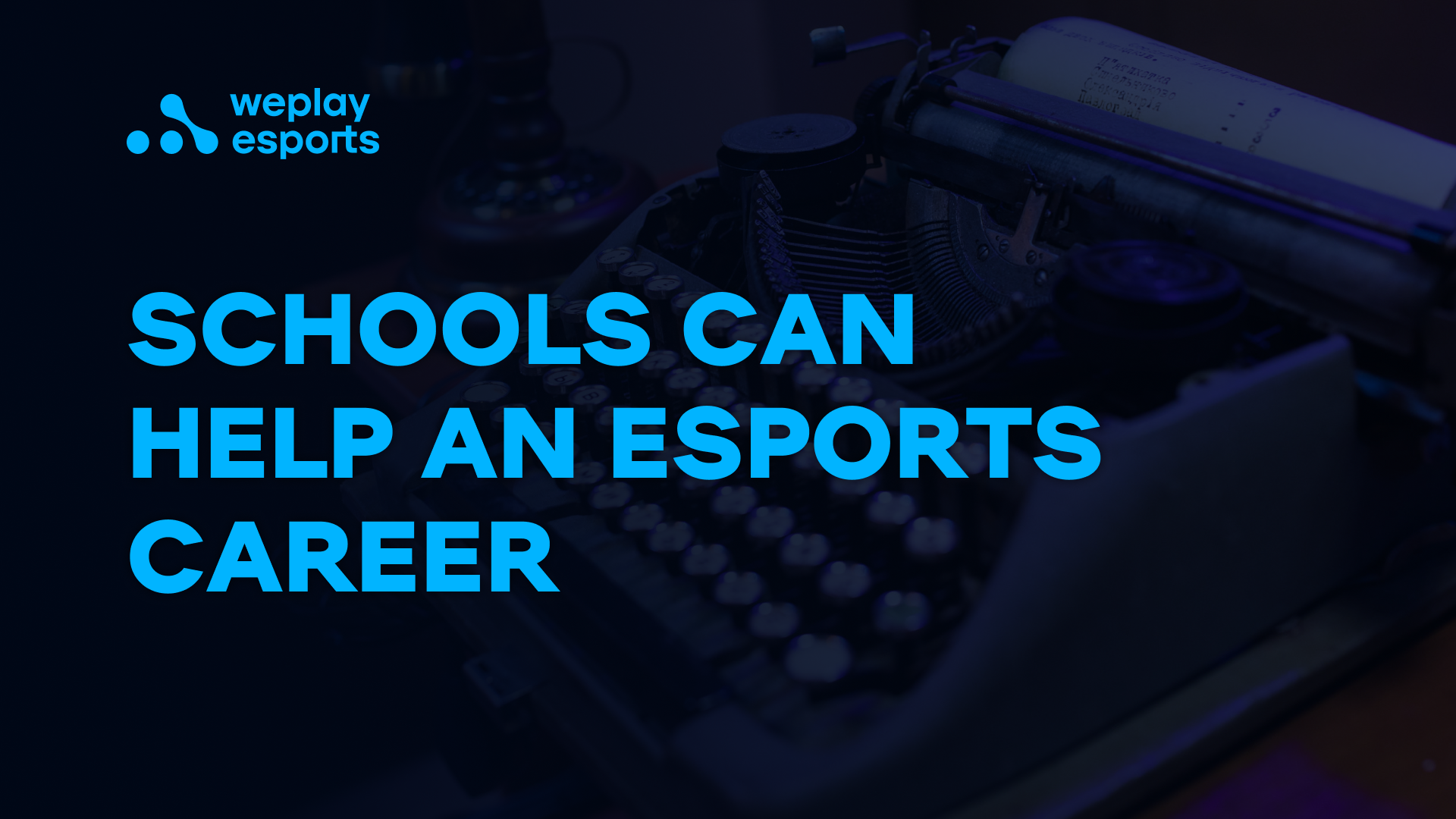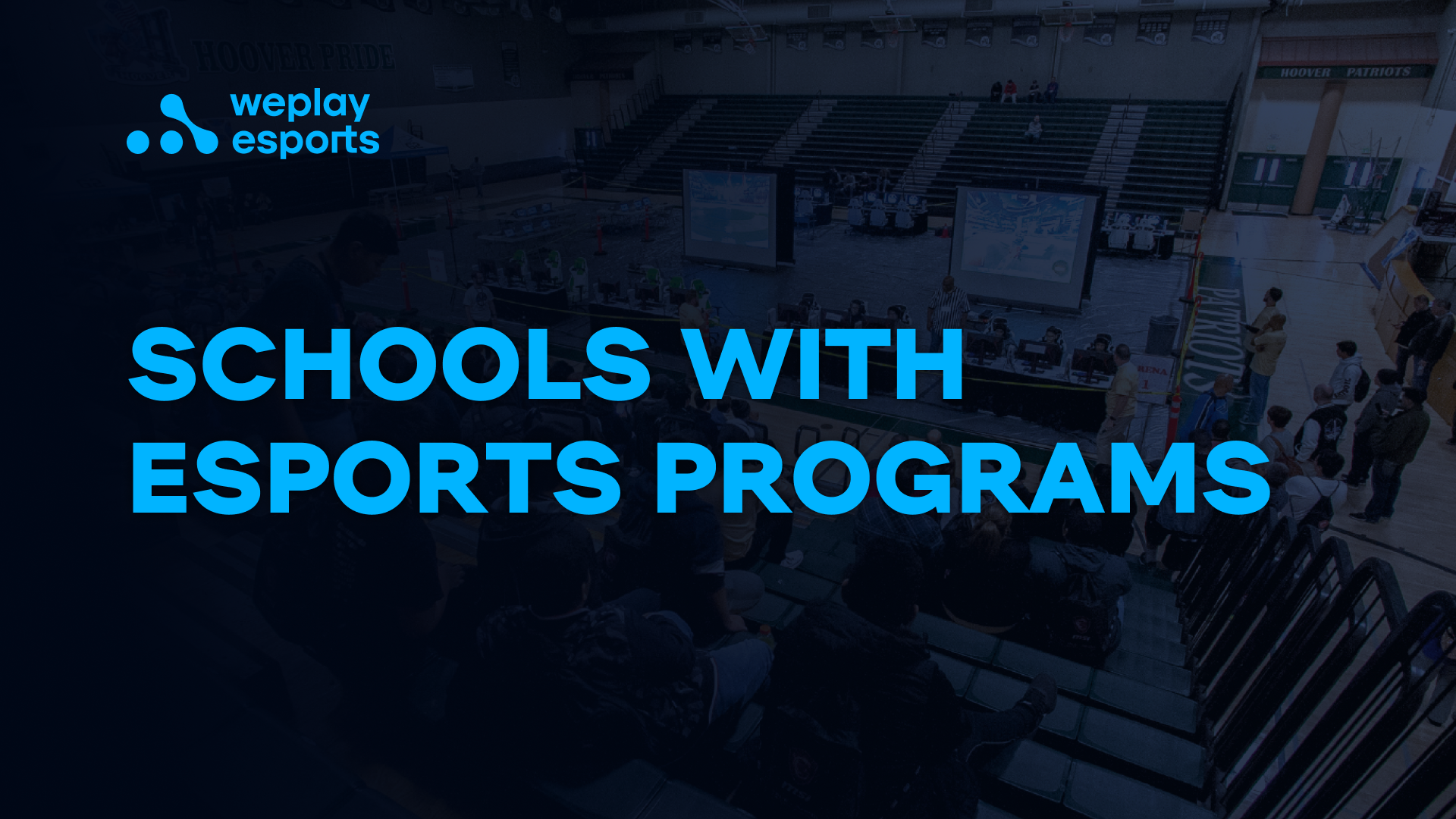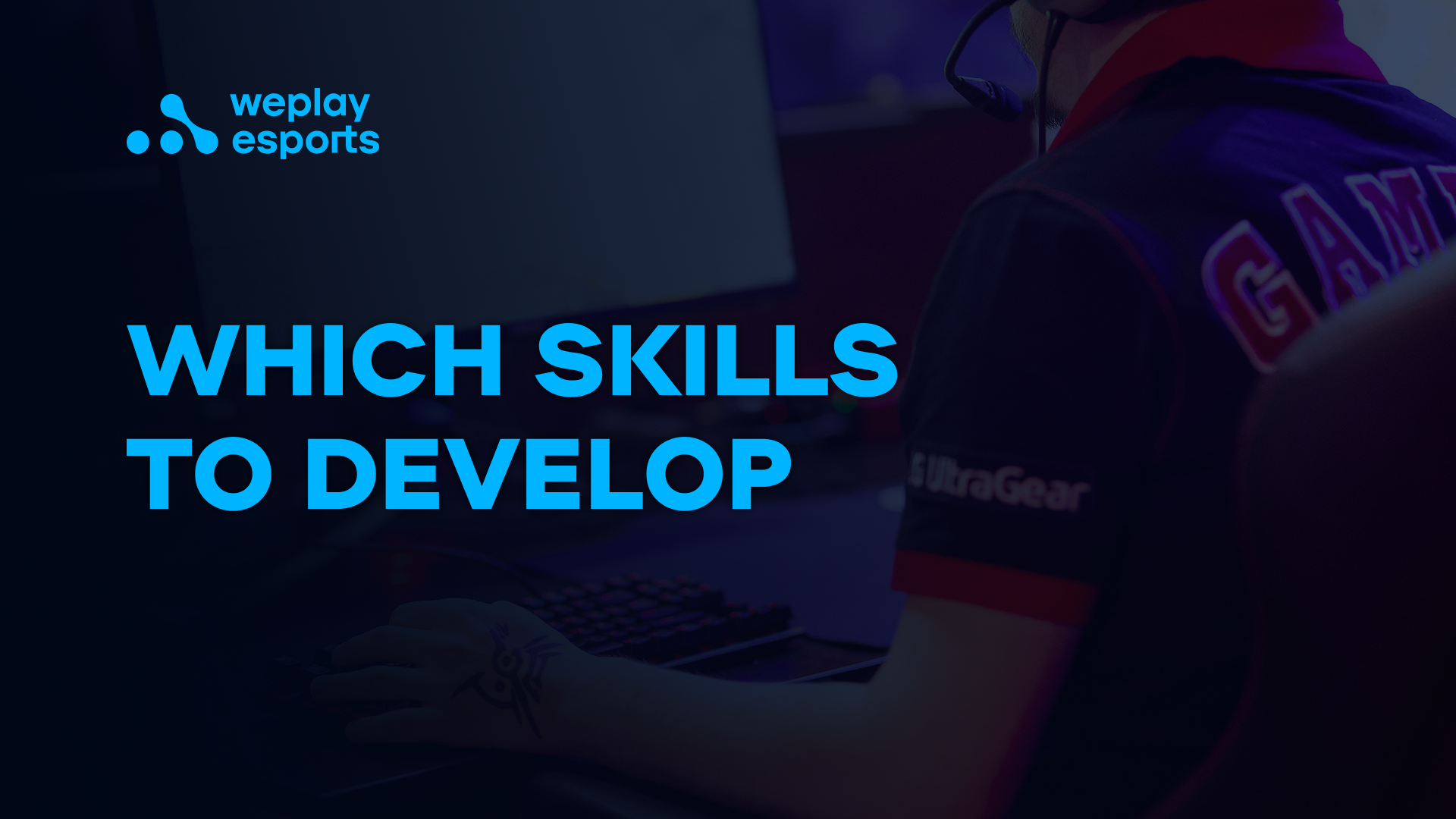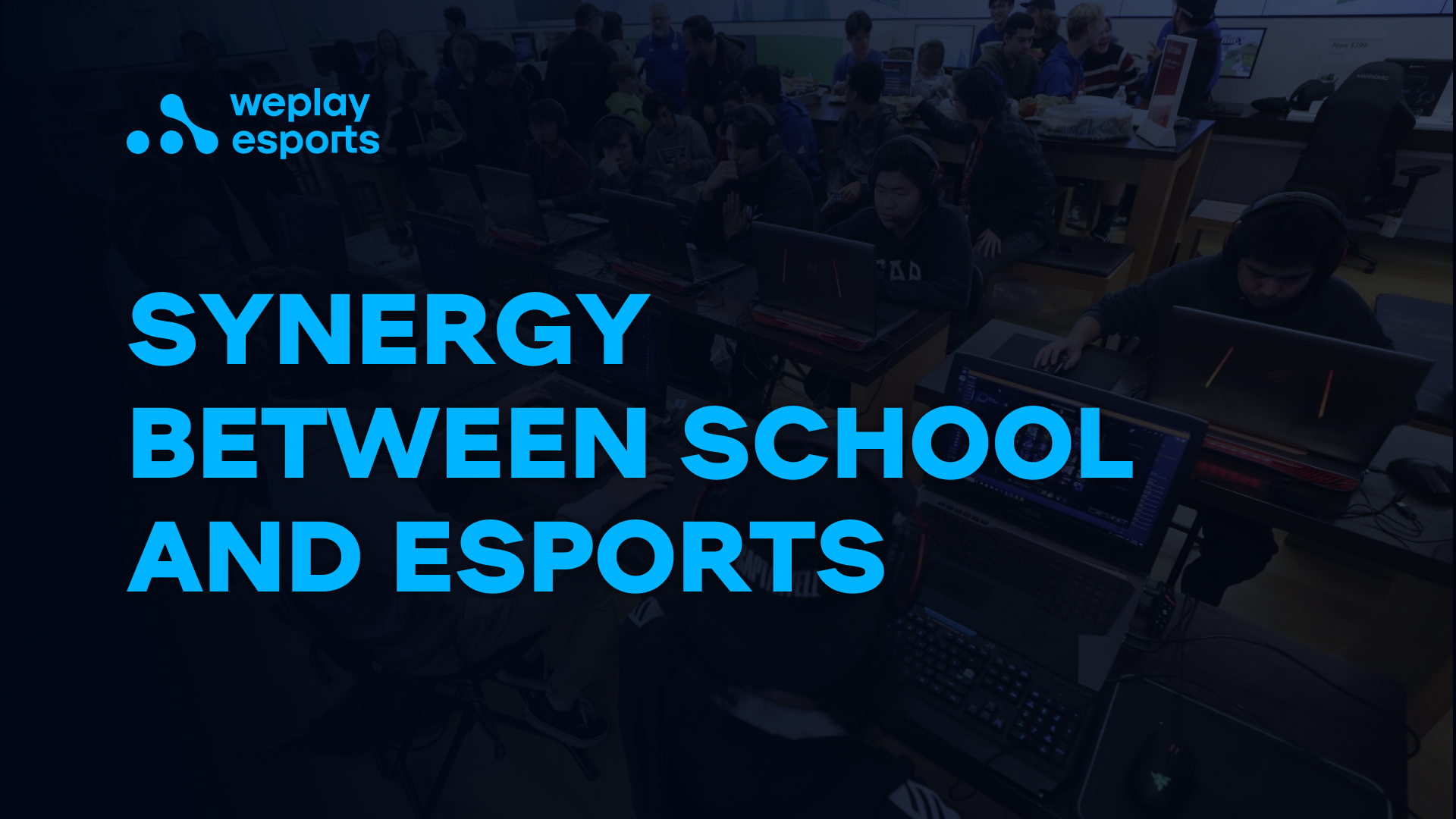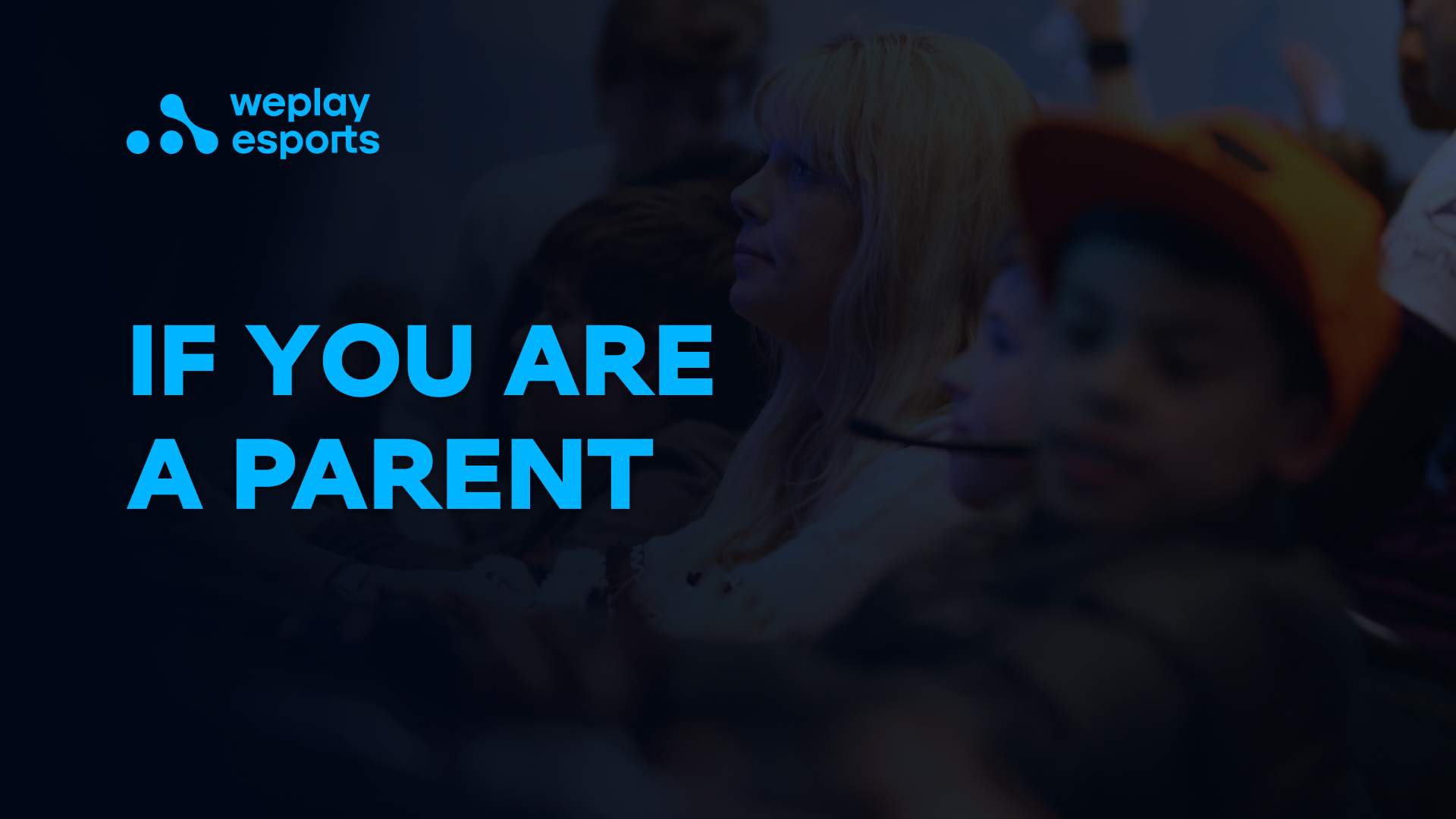July 19, 2021
Esports & education: how to conciliate both?
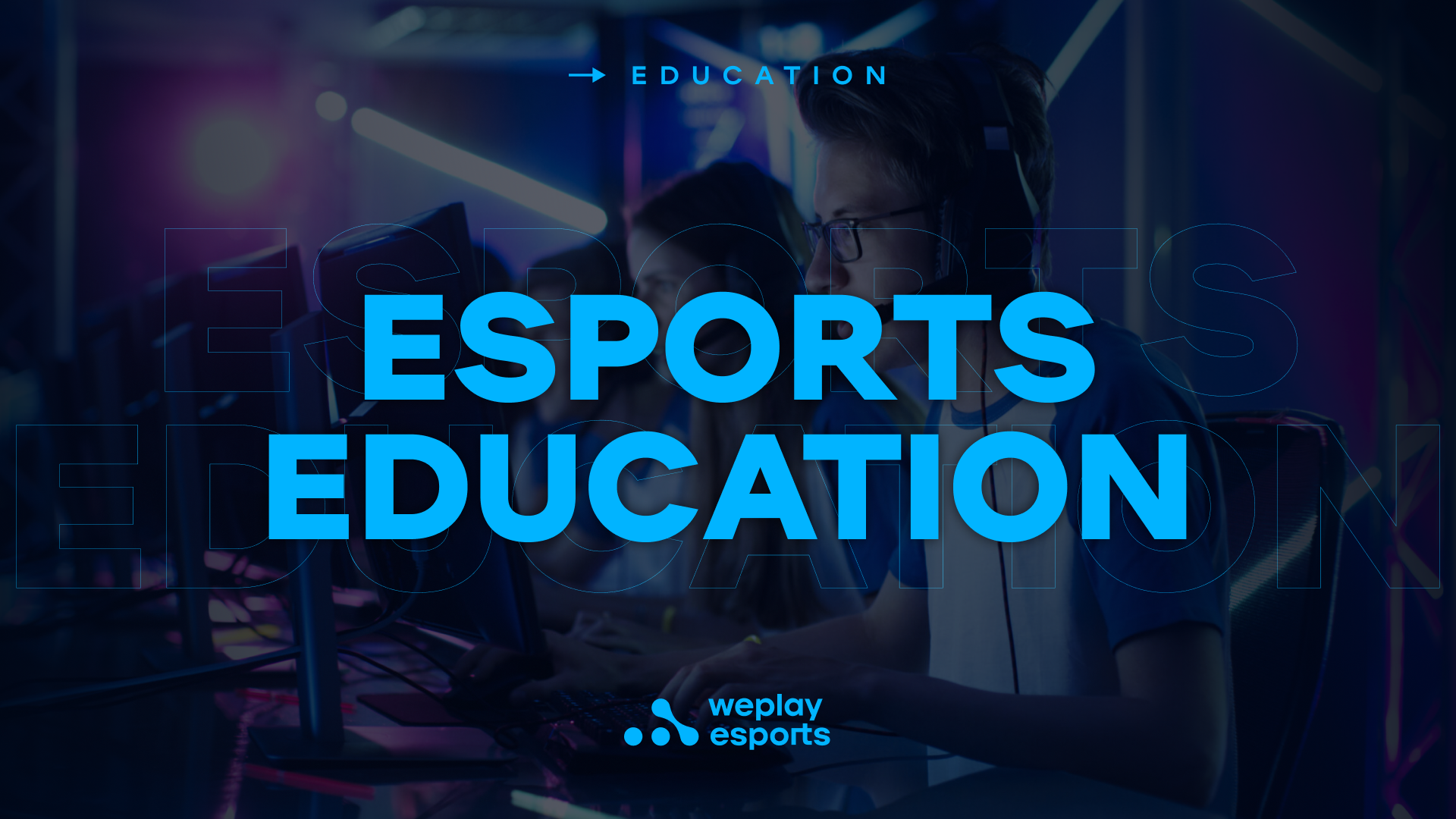
8 min read
Esports has room for people of all ages. From high school students to grandfathers, the games are inclusive and esports programs can follow talented players from a very young age.
In our times, it’s very common to play video games throughout our adolescence. Most people take them up only as a hobby, but it’s very possible to begin an esports career. Talented players of such young age aren’t a rarity, and high schools, colleges, and parents are adapting to understand the teenagers’ needs and help them succeed at both studying and playing.
The work is shared between the esports teams, video game companies, educational institutions, the family, and the potential professional player themself. Teams with a who put an emphasis on the psychological aspects of playing tend to manage that college and career situation better, finding prospects before anyone else and improving grassroots, a process very important to keep the esports ecosystem healthy. When we are students, it’s easy to lose ourselves in illusions of greatness or delude ourselves that studying isn’t important anymore. Therefore, in order to be able to select a very young player, each esports team must have that psychological structure.
The game developer companies also have their say on the matter by conducting inspections and ensuring that the environment is healthy. Companies like Riot Games and Valve must make sure that esports is the students’ extracurricular activity, not their main focus; requesting that they get a specific grade in order to keep playing in high school leagues, for instance, can help motivate gamers to dedicate themselves to study. Special esports programs can be created to support the educational needs of the students, correctly instruct them, and find very talented youngsters.
The most important part is the high school or college environment. Those places can create an esports program, meaning student engagement and learning opportunities. Esports is a place where one can learn respect, trust, leadership, equality, and technology. Such an activity can be beneficial for mental health and with the help of the schools, we can form better players and a better community. That’s why video gaming and education should become allies; if an esports program is good, the kids’ and teenagers’ well-being will be well taken care of.
Creating win-win situations: how high schools can help an esports career
In the same way as the athletes of a traditional sport, gamers also need an opportunity. Scholastic esports, such as a high school esports league, benefit the marketing, the game itself, and the player. It can be expensive at first for a high school to have a bunch of gaming PCs — with all those processors and graphics cards — but with due time, educators can harness the popularity of gaming as a hobby to guide their students into college scholarships, mental development, and many other things. That’s the goal of education technology combined with esports.
In the same way, the esports industry will highly benefit from this. Talented players can form grassroots to professional leagues, and school teams are a gem. More than that, gamers will not only develop their gaming skills but also their social capabilities: with proper guidance, those teenagers can extract the best that esports has to offer and create an even better community as a whole.
Which schools have esports programs?
The most famous schools with esports programs are:
- University of California (United States)
- Robert Morris University (United States)
- University of Pikeville (United States)
- Columbia College (United States)
- Garnes Vidaregaande Skule (Norway)
- Arlanda Gymnasiet School (Sweden)
- WME-IMG Academy (United States)
- Arizona State University (United States)
- University of Maryland (United States)
- Florida International University (United States)
- A full list for North America can be found here
- And many more around the world
Most of these universities have merit-based esports scholarships and offer degrees in game design or areas related to esports. The same logic can apply to these students as to sports teams; they can develop their career readiness through extracurricular activities that increase even further their skill in esports. It’s an intricate collaboration between organizations and teachers in order to make esports a valuable part of the student curriculum.
Esports and video games available to students are commonly Overwatch, Dota 2, Rocket League, and Fortnite, but they may differ from college to college (and especially depending on which part of the world you are in). Most esports already have those programs available.
Which skills to develop in order to go to college for esports?
Usually, if you already know the esports world, you know that working with esports goes far beyond playing. You can be a game designer, a journalist, a digital designer, a marketing specialist, a programmer, an IT expert… Esports is an industry like many others, and one of the benefits of being such a large industry is that it needs all kinds of skills. So, if you tried your luck in your high school esports league and, well, things didn’t go your way, you can still be related to this wonderful world.
Esports is highly technological and the gaming community is mostly virtual, so you don’t need any special education in order to understand that respect and inclusion matter; like in traditional sports teams, a number of social skills are required — the very foundations are also important in gaming. So, keep in mind the most important skills you will need: cooperation, respect, and sportsmanship.
But having a college degree is nice, and those mentioned areas are the most likely to accept an esports player. You absolutely don’t need to have a degree to be a professional esports player, but some esports teams will require that you keep studying; in order to keep the academic structure, most of them will not accept that you give up on your school to play with them. More importantly, esports policies will require parental authorization for athletes aged 18 or younger, and good luck explaining to your parents that you would like to quit school!
Creating successful partnerships is key to school and esports to help each other
Students will play video games. Schools can either be annoyed by that or see the bright side of it: people with esports skills will have better contact with technology, know how to handle new products, and can really learn more from that virtual environment. Be it a middle school or a Ph.D. research center, schools and esports can be partners, seeking an activity that benefits studies and focus. It’s an opportunity to use the technology that kids love to help their growth; and as a community and an industry, esports can also create great friends, help in education directly, and much more. While traditional sports already have their value acknowledged, it’s about time we understood that virtual activities aren’t bad, and the kids’ attendance at games proves that.
However, it’s important to understand that students should have studies as their main focus. And while the games themselves can’t control that very well — World of Warcraft sometimes displays an image saying “you’re playing for too long, go grab some water”, but that’s pretty much “doing everything possible” — schools, on the other hand, can retain their good influence on the students.
Creating an esports club might even be financially beneficial; in the long run, the expensive video cards and PCs make the school popular and give it a potential competitive edge. As esports’ popularity keeps spreading, students can be interested in creative college programs to enhance their extracurricular activities, make friends, and have fun. Esports also helps to bond with your middle school friends, since you’ll spend more time together, even if it is virtually.
And for future cyber athletes, remember: your report card is more at stake than your esports career. Take good care of it!
My son plays too much video games! Should I worry?
Everything in life needs to be balanced. If you see that your child is dedicating too much of their time to video games, yes, you should talk to educators and browse the website of their favorite game in order to understand what’s going on; most games have parental control, but that tool can be too extreme and damage your relationship (kids can be very stubborn, but not as much as adults). Keep in mind that your child might be very, very good at esports, and you may not even know; if the school takes the necessary steps and helps them to improve their skills, you would be in an optimal place. If you’re still worried, it’s fine: dialogue can be a solution, and once again, an alliance of esports with education comes in handy. If the kids know the benefits and downsides of playing, they can have a better perspective of why their parents are worried. However, parents should keep in mind that esports has no age boundaries, and they will be more than welcome to try for themselves!
To summarize…
Kids of all ages can play esports. High school esports programs, as well as college esports clubs and a variety of projects in that vein, are beneficial both to the students and the organizations; it’s really a win-win situation. If you want to have a college scholarship in esports, many areas of technology and communications will be a good choice. There are many colleges that support esports and offer merit-based discounts, just like traditional sports.
Concatenating gaming with studies is an opportunity for even more learning! But remember to take things in moderation, even gaming. You can break the news without failing your exams, and that’s the beauty of combining esports and education: one helps another if the projects are good enough.
While it’s important to keep students on their tracks, esports growth rate means that, more often than not, younger people will play games; schools shouldn’t ignore this fact. Getting involved in the environment is a way to understand kids, teenagers, and young adults that love and practice esports, as well as growing together with the scene. Both as a hobby or taken to a professional level, esports is a great way to improve a different set of skills, including learning capabilities. Students should have support in pursuing their dreams, whether they’re academic or sports-related.
